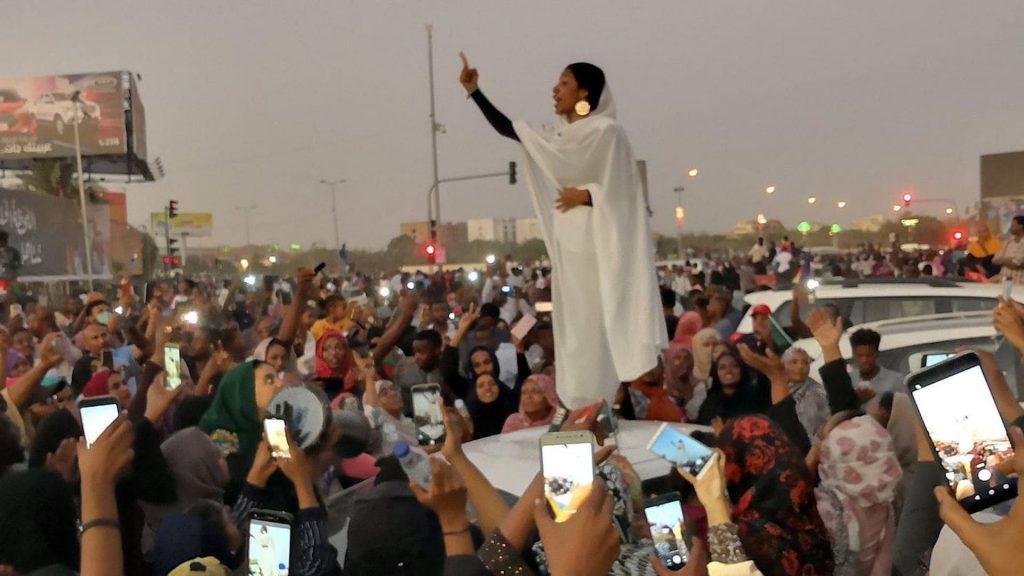
My four guides published on the ICNC Minds of the Movement over the last two years can serve as a useful toolkit for the pro-democracy activists and their allies to build more resilient and disciplined nonviolent movements, mitigate state repression and shift behavior of security forces in favor of the pro-democracy organizers, inoculate activists against disinformation and anti-movement propaganda, and direct democratic states to provide more effective support for dissidents and pro-democracy campaigns challenging authoritarian regimes.
1. How to Achieve Robust Discipline to Succeed: A Guide for Pro-Democracy Movements
Dictators and aspiring autocrats fear disciplined civil resistance movements. They deploy mighty state resources and work hard to demoralize and disrupt the discipline of such movements. They want to make them violent, divided, and societally marginal. Despots want nothing more than to face an undisciplined challenger. We must then ask, how can nonviolent pro-democracy movements achieve discipline?
This guide has curated specific actions to help create, instill, defend, and buttress the robust discipline required for movements to succeed.
2. For Members of Security Forces: A Guide to Supporting Pro-Democracy Movements
You serve in the police, interior security, intelligence services, or the military. A ruler at the helm orders you to repress a pro-democracy movement and its unarmed people who are going out to protest against him. You do not agree with what the ruler and his political sycophants expect from you. Deep down, you know you would be no longer serving the country and its people if you were to follow those orders. You are looking for ideas on how to delay, derail, or go against the ruler’s orders to suppress the nonviolent movement.
You are in the right place for the ideas on how you can help the pro-democracy movement and become part of the resistance from within the system, or outside of it if you choose to serve and defend the people and not the ruler.
3. Defending the Truth: An Activist’s Guide to Fighting Foreign Disinformation Warfare
This guide aims to help activists defend and push back against nefarious interference from abroad and attempts at distortion and disinformation. The cornerstone of such resistance is tightly knit local communities that are organized, mobilized, and vigilant. Such communities are characterized by a dense web of mutual aid and solidarity assistance organizations, trusted information-sharing networks, information verification hubs, and rapid mobilization infrastructures to defend against both domestic and external authoritarian threats.
4. A Democracy’s Guide to Foiling Autocrats. How Democratic States Can Effectively Support Pro-Democracy Movements
Democracies lack a developed toolkit of actions for supporting pro-democracy movements. They are reactive and on defense in the face of authoritarian encouragement.
This guide offers specific ways for democracies to play offense against autocrats challenged by their people. It presents a curated and comprehensive list of tools that democratic states can deploy to conduct an effective assistance to nonviolent pro-democracy movements.
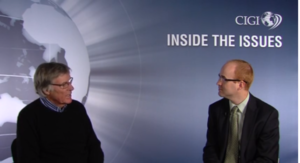
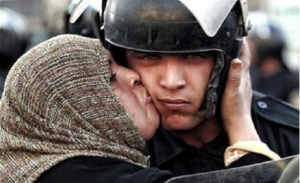
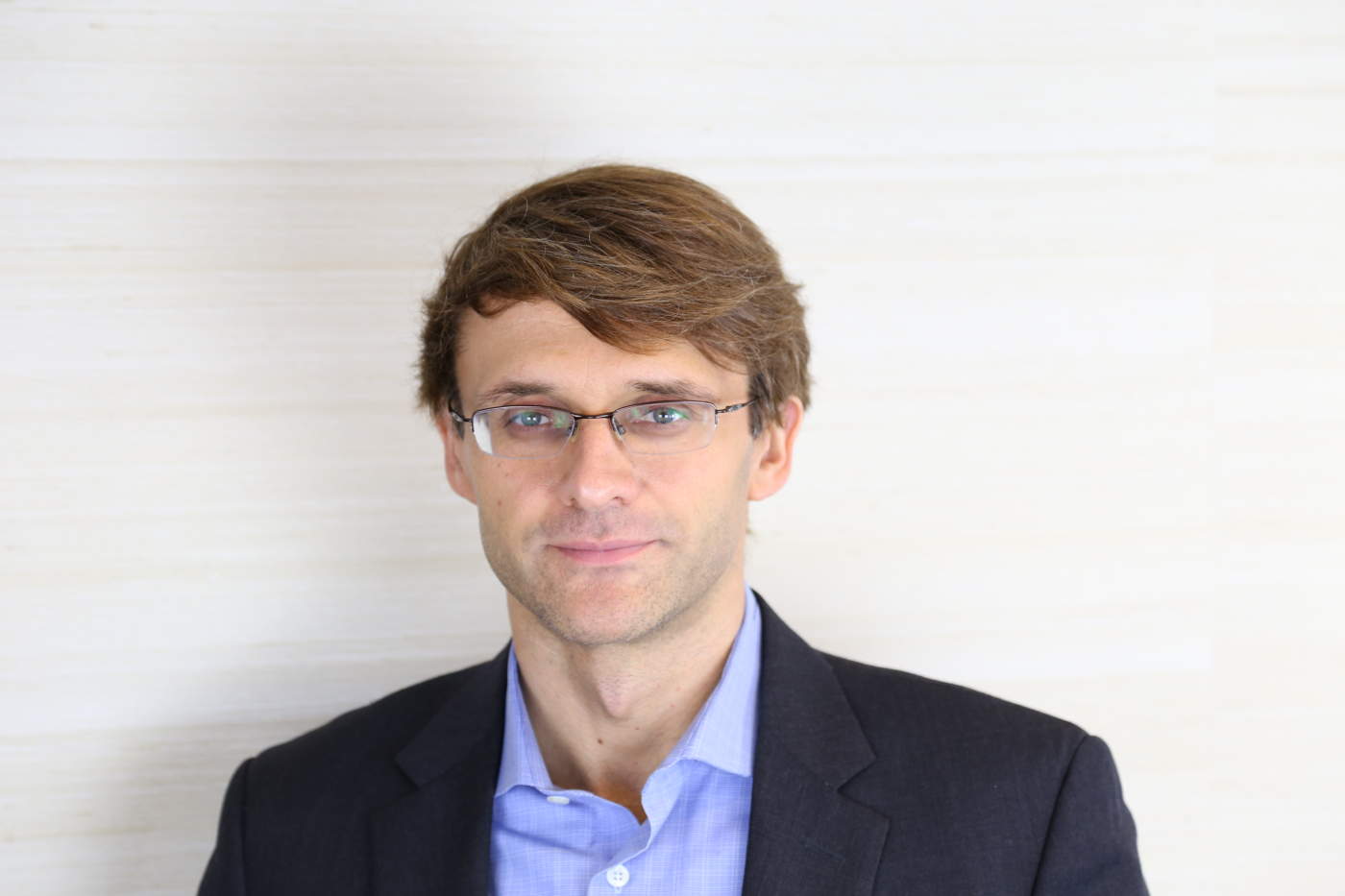
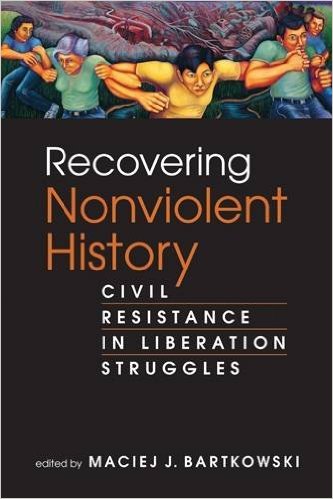


Recent Comments